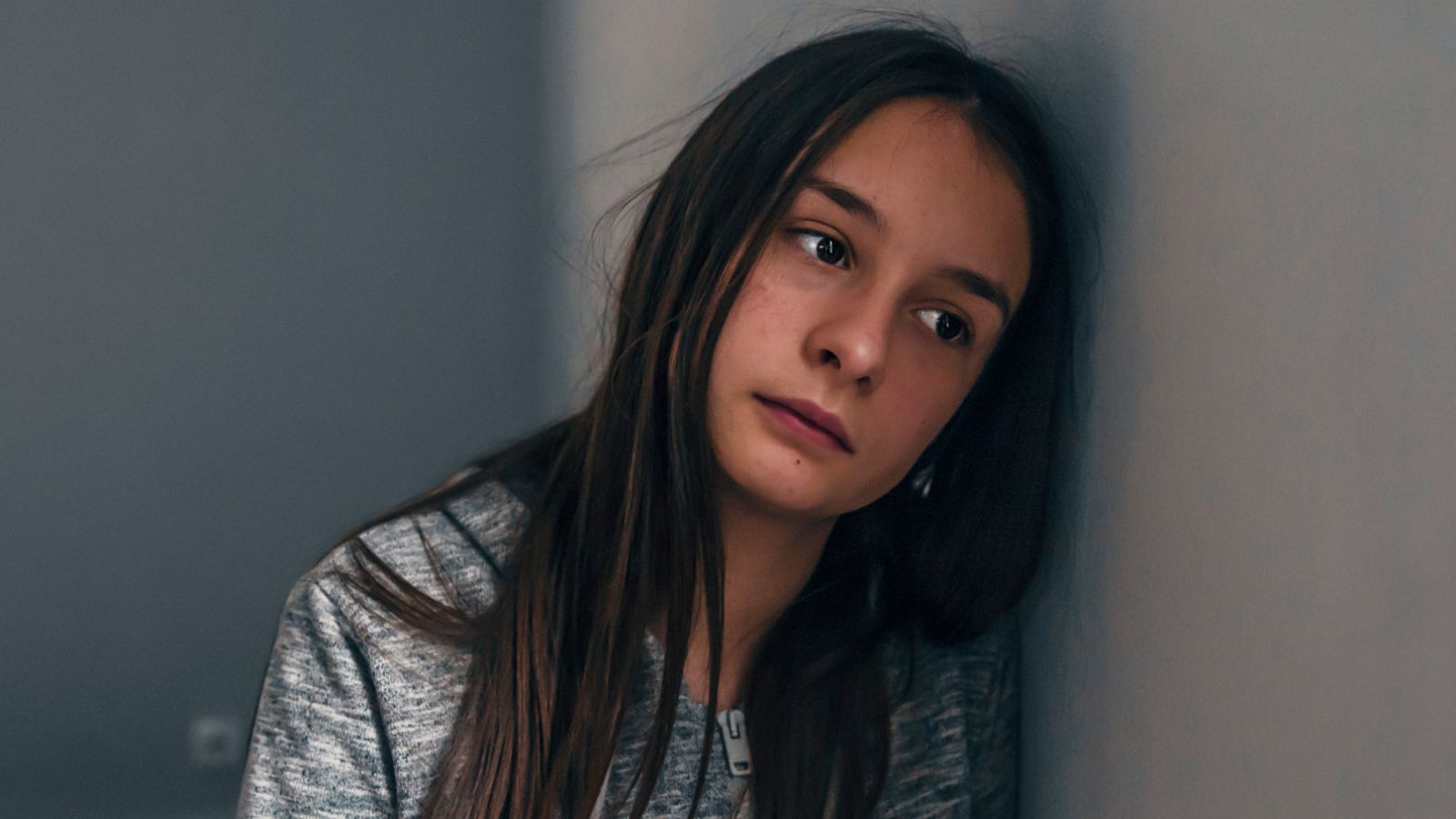Did you or someone you know have a bad childhood? Then you will no doubt be familiar with the 19 traits in this article that people develop when they suffer trauma as children.
Negativity

According to the Pew Research Center, “Americans feel generally pessimistic about the future of the United States when it comes to several aspects of society.” A lot of the negativity that people feel about the future and about society in general stems from a negative past that inhibits people from feeling positive about anything.
Emotional Instability

A person who went through a traumatic childhood likely did not have any emotional support. Because of this, they have a lot of unresolved emotional issues. They have never learned to deal with their emotions, and as a result, they are always on an emotional rollercoaster.
Withdrawn

We all need close friends whom we can open up to when times get tough. But a person who had a bad childhood might find it difficult to open up to others and be honest with them, as they still remember how opening up made them suffer in the past.
Low Self-Worth

“It’s estimated that roughly 85% of people worldwide (adults and adolescents) have low self-esteem,” says Psychology Today. Yes, many people have low self-worth and do not believe in themselves because they went through a lot of negative experiences in their childhood that shattered their confidence.
Lack of Confidence

Someone who had a bad childhood might always remember the negative things that were said to them. These bad experiences might make them think that they will never amount to anything and make them feel less confident. Their lack of confidence will be evident in their work ethic and also in their family life.
Lonesomeness

Statistics from Cross River Therapy show that “the average person in America has between 3 and 5 close friends… 49% report having 3 or fewer close friends.” But a person who has suffered a traumatic childhood might find it hard to trust people and get close to them. So they may only have one close friend or none at all.
Self-Reliance

A person who has gone through a lot of difficult experiences as a child has learned that others cannot be trusted. Because of this, they might not go to others when they need help. This kind of person becomes self-reliant and seldom asks others for assistance.
Distrust

Do you, or does someone you know, find it hard to trust others? Then this might be the result of a traumatic past where trust was regularly broken by those closest to you. When this happens repeatedly in our childhood, it makes it hard for us to trust people in adulthood.
Settle

Did you have a traumatic childhood? Then you might find it difficult to set goals and push forward for a better future. Because life has always been difficult for you, it might be tricky for you to imagine it any other way, and you settle and put up with your current circumstances.
Depression

According to Mental Health America, “major depression is one of the most common mental illnesses, affecting more than 8% (21 million) of American adults each year.” People who have suffered a bad childhood are at greater risk of suffering from depression in their adult lives.
Non-Empathetic

Many people who have suffered a lot as children have had to fight to get to where they are now. So, when they see someone going through a problem that seems minor in comparison with what they went through, they struggle to feel empathy for that person. They use tough love to make the person strong.
Frequently Anxious

Do you or does someone you know suffer from anxiety? Many people who suffer from anxiety feel like some of the pain they are going through stems from their childhood experiences. Without the proper treatment, feelings of intense anxiety can heighten and make life seem unbearable.
Skepticism

We all doubt whether the things we plan to do will be successful or not. But a person who went through a troubling childhood will be very skeptical about life. They will display extra caution when making decisions to avoid suffering like they did in the past.
Controlling

If you know someone who suffered a lot when they were a kid, it is likely that they have grown into a controlling adult. This is because the person had absolutely no control over the things they went through in the past. To avoid suffering now, they try to micromanage every situation.
Loud

Does someone you know always raise their voice when they want to get their point across? Then this person may have been raised in an environment where people always shouted at one another, especially when they wanted their ideas to be heard. They don’t know any other way of communicating.
Aggressive

A person who grew up in a violent household will likely be an aggressive adult. They are this way because all they have ever seen is how people react violently to difficult situations. This had become the norm for them, and they carried this aggressive behavior into their adult lives.
Addiction

To cope with the prolonged distress of a bad childhood, a person might turn to addictive behaviors when they are in their early teens or adulthood. This includes substance abuse. They do this in an attempt to forget about their problems, but these addictive behaviors only lead to more issues.
Cold

A person who did not receive any love while they were growing up might find it difficult to nurture their children when they have a family of their own. They might think their children need tough love and do not see the importance of telling them that they love them.
Self-Harm

Self-harm is an addictive behavior that people use as an outlet for their suffering. People often do this to help shift their focus from their emotional pain. A lot of this emotional pain often stems from a tragic childhood.
If you or someone you know is seeking support, reach out to the Crisis Text Line at 741741.
